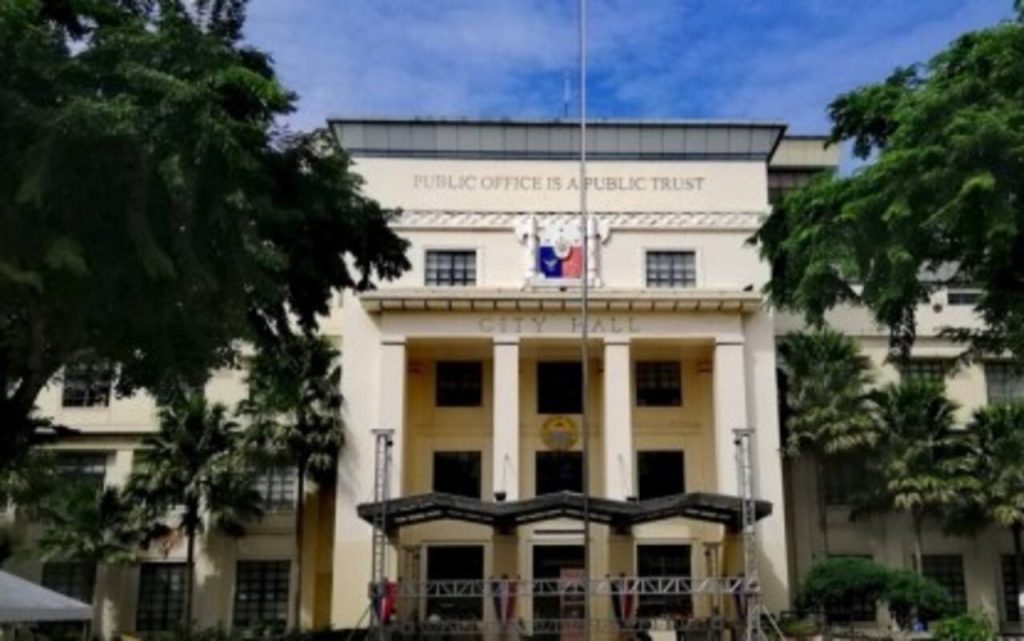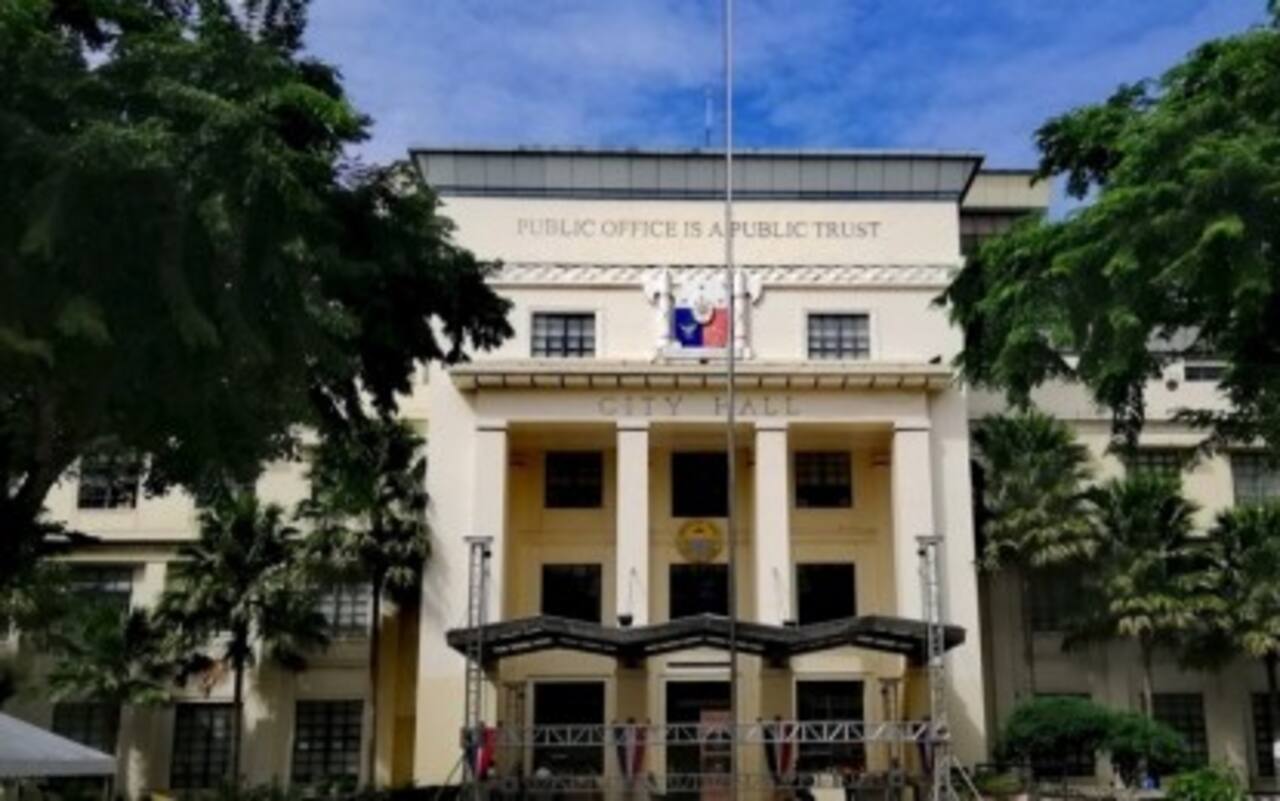Cebu City remains committed to its waste-to-energy (WTE) project despite recent challenges in acquiring necessary permits. The PHP4.8-billion initiative, in partnership with New Sky Energy Philippines, Inc., aims to address both the city’s waste management and local energy needs. The joint venture, signed in 2022, seeks to convert garbage into a renewable energy source, alleviating the city’s waste problem and contributing to the energy grid.

Councilor Joel Garganera, chair of the city council’s committee on environment, said New Sky Energy recently requested an extension due to delays in securing permits from the Department of Environment and Natural Resources (DENR) and the Department of Energy (DOE). For five months, the DOE halted applications for biomass projects, causing New Sky’s WTE facility application to stagnate. The DENR also suspended the issuance of environmental compliance certificates following a controversial project in Bohol, further impacting New Sky’s progress.
Challenges in Permit Processing Delay WTE Project
New Sky’s request for additional time underscores the complexities of navigating regulatory requirements for such large-scale projects. According to Garganera, New Sky continues to work closely with government agencies to advance the project, viewing Cebu City’s WTE plant as a transformative solution that could inspire similar initiatives in other municipalities. The company has secured a new site in Barangay Guba for the plant after facing setbacks at its initial site, the Inayawan Landfill, due to a legal dispute over land ownership.
The WTE facility, upon completion, will incinerate waste to generate electricity, addressing Cebu City’s persistent waste disposal issues and reducing dependence on fossil fuels. The city administration has emphasized the project’s significance, not only for waste management but also for creating a sustainable energy source and a revenue stream for Cebu City. As per the agreement, New Sky will operate the plant for 40 years, after which it will transfer full ownership to the city government.
Environmental and Energy Requirements Pose Obstacles
The DENR and DOE’s role in facilitating environmental and energy compliance is critical to the project’s success. The DENR’s suspension of compliance certifications, enacted to address recent environmental controversies, has significantly impacted projects that aim to process waste sustainably. Meanwhile, the DOE’s temporary pause on biomass permits has affected similar renewable energy initiatives across the Philippines. Garganera expressed optimism that the DENR and DOE will soon lift these restrictions, allowing the WTE project to progress smoothly.
Additionally, the Department of Agrarian Reform (DAR) required land-use conversions from agricultural to industrial status for the new site in Barangay Guba, adding another layer of procedural requirements for the project. DAR’s involvement highlights the regulatory landscape WTE developers must navigate, given that industrial projects on agricultural land require careful evaluation and specific permits.
Looking Forward: Project Potential and Local Impact
If successful, Cebu City’s WTE facility could lead to a significant shift in waste management practices and renewable energy in the region. Garganera noted that the facility could serve as a model for other local governments, showcasing WTE’s dual benefits for waste management and energy generation. Cebu City officials are hopeful that the project’s completion will inspire similar developments, aligning with the Philippines’ broader goals for sustainable urban planning and environmental responsibility.
The project also offers a promising solution to the city’s long-standing garbage issue, which has strained existing landfills and presented ongoing logistical challenges. Cebu City’s leadership anticipates that the WTE plant will establish a self-sustaining waste management model, which could also provide economic benefits through job creation, energy production, and a stable revenue source for the city.
